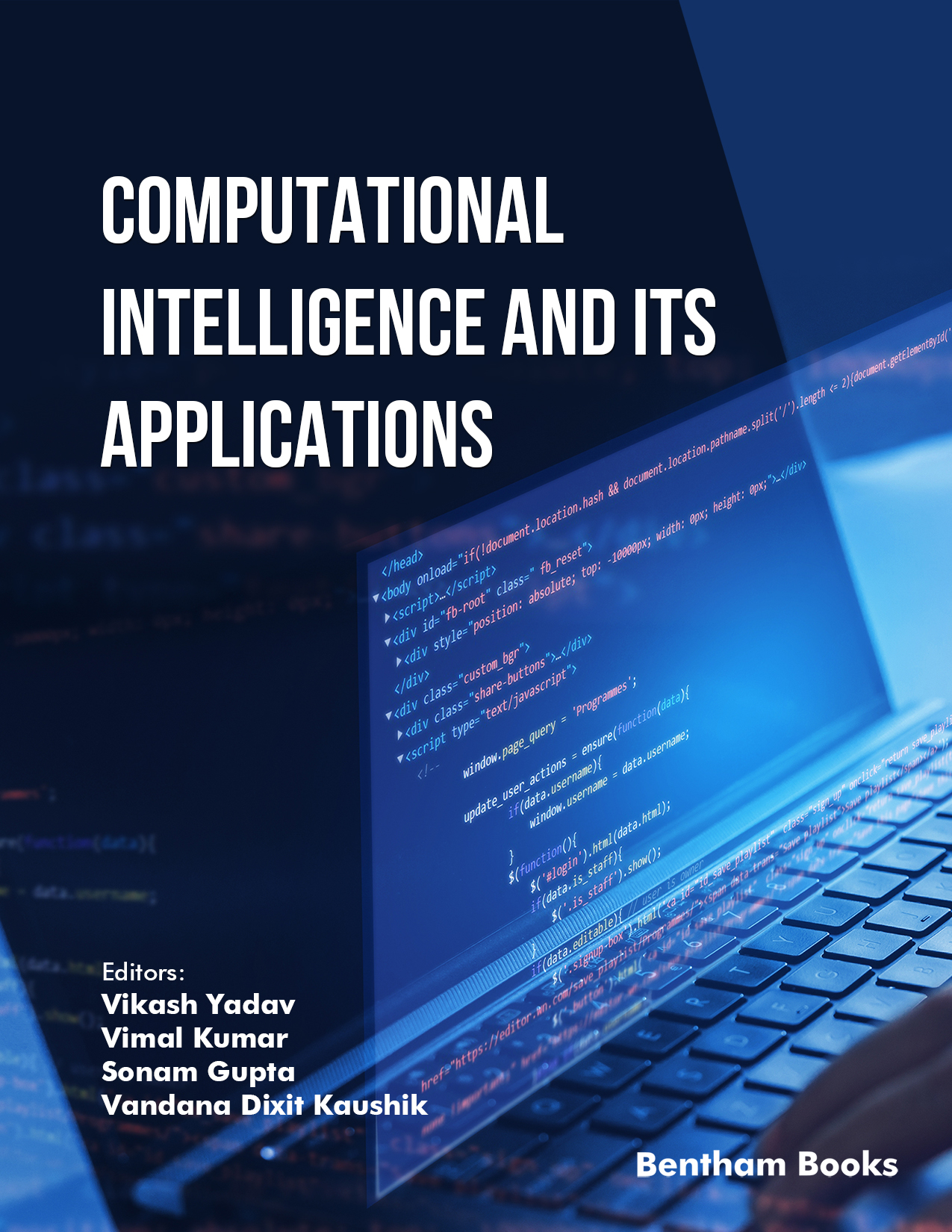In the rapidly evolving landscape of technology, where the boundaries between the digital and physical worlds blur, computational intelligence stands as a beacon of innovation and problem-solving process. As the digital era continues to permeate every facet of our lives, the need for intelligent systems that can adapt, learn, and make decisions becomes increasingly vital. This book, “Computational Intelligence & its Applications”, delves deep into the heart of this transformative field, exploring its theoretical foundations and practical applications that are reshaping industries, societies, and the very nature of human-machine interaction.
Computational intelligence, an interdisciplinary domain drawing from computer science, mathematics, engineering, and cognitive sciences, encompasses a rich tapestry of techniques inspired by nature, evolution, and human cognition. From neural networks that emulate the workings of the human brain to evolutionary algorithms that mimic the process of natural selection, computational intelligence methodologies empower machines to solve complex problems, optimize processes, and learn from data in ways that were once deemed the exclusive realm of human intelligence.
From healthcare and finance to manufacturing and transportation, the impact of computational intelligence is profound and multifaceted. In the pages that follow, readers will encounter compelling case studies and examples showcasing how computational intelligence algorithms are revolutionizing medical diagnosis, enabling autonomous vehicles, predicting market trends, optimizing supply chains, and enhancing the overall quality of life. Each chapter is crafted to provide a balance between theoretical knowledge and practical insights, making this book an invaluable resource for students, researchers, and practitioners alike.
Additionally, this book explores the ethical dimensions of computational intelligence, addressing the societal implications of intelligent systems, including privacy concerns, bias in algorithms, and the ethical responsibility of AI developers. As we venture deeper into the era of artificial intelligence, understanding these ethical considerations is paramount to ensuring that computational intelligence serves humanity’s best interests.
We invite readers to embark on a journey through the realms of computational intelligence and witness firsthand the transformative power of intelligent algorithms. Whether you are a student eager to explore the frontiers of AI, a researcher seeking inspiration for your next project, or a practitioner aiming to harness the potential of computational intelligence in your industry, this book offers a wealth of knowledge and insights to guide you on your intellectual quest.
Vikash Yadav
Government Polytechnic Bighapur Unnao, Department of Technical Education, Uttar Pradesh, India
Vimal Kumar
Galgotias University, Greater Noida, Uttar Pradesh, India
Sonam Gupta
Ajay Kumar Garg Engineering College, Ghaziabad, Uttar Pradesh, India
&
Vandana Dixit Kaushik
Harcourt Butler Technical University, Kanpur, Uttar Pradesh, India

